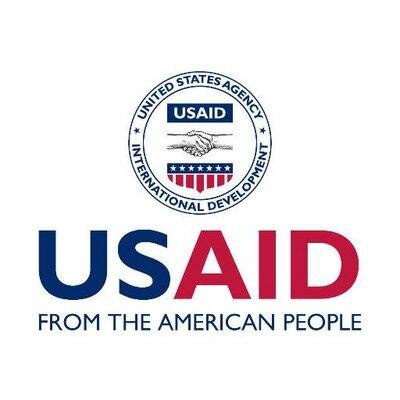Innovation for Fashion or Action? Building Innovation Capacity
This book is about the challenges and practical realities of building the capacity to innovate. It describes the experiences of the Research Into Use (RIU) programme, a fi ve-year, multi-country investment by DFID that aimed to extract development impact from past investments in agricultural research. Specifi cally, it explores diff erent approaches through which innovation capacities were built. One approach was to establish and support innovation platforms (IPs) – an approach increasingly advocated as a way to broker linkages and facilitate interaction between multiple stakeholders in order to enable agricultural innovation. Originally, IPs were intended to help put existing research fi ndings into use for developmental purposes in Africa. The purpose of this book is to describe lessons from these experiences for practitioners and policy-makers in the national and international arenas who are planning and implementing investments to enable agricultural innovation.
Related Resources

Enhancing FAO’s practices for supporting capacity development of member countries (Learning module 1)
This Module is the first in a series of four that address capacity development competencies in FAO. It is intended to provide FAO staff and consultants with a basic understanding and knowledge of Capacity Development (CD), reflecting the international debate...

Towards Usaid Re-Engaging in Supporting National Agricultural Research Systems in the Developing World
This paper represents a guidance to USAID on elements to incorporate into a strategy to improve agricultural research, and a technical brief to guide USAID investments in NARS strengthening
The paper is the final output from a one-day Roundtable which was held on...
Moving Up Innovations to Scale: Lessons from IFAD-Supported Development Interventions in the Philippines
This publication is a product of learning and sharing events supported by IFAD and its partner institutions. Presented in this publication are nine cases of development innovations selected from the IFAD country programme in the Philippines. These cases, selected and largely written...
Against the Grain and to the Roots
The book includes a significant discussion in the role of innovation platforms and how they relate to IAR4D and the innovation system perspective, with treatment both at the theoretical and case study level (Africa)
Against the grain and to the roots: Maize and cassava innovation platforms in West and Central Africa
West and Central African Council for Africulture Research and Development (WECARD) and Royal Tropical Institute (KIT) research that explores how national agricultural research organisations use innovation platforms to strengthen innovation capacity and address capacity gaps in sector development. The aim is to share...


